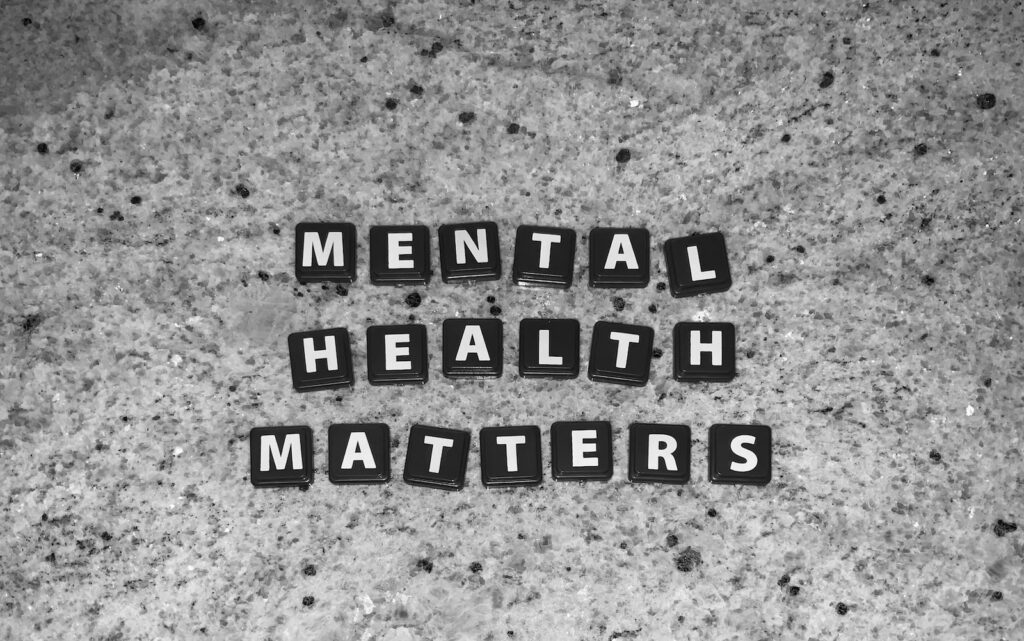Social media has become an integral part of our daily lives, especially for young adults. With platforms like Facebook, Instagram, Twitter, and TikTok dominating our digital landscape, it’s hard to imagine a world without constant connectivity. While these platforms offer numerous benefits, they also come with a downside, particularly concerning the mental health of young adults. In this article, we will explore the effects of social media on the mental well-being of this demographic.
The Upsides of Social Media
Before delving into the potential negative impacts of social media on young adults’ mental health, it’s crucial to acknowledge the positive aspects:
- Connectivity: Social media provides a means for young adults to connect with friends, family, and even strangers worldwide. It’s a tool for maintaining relationships and fostering new ones.
- Information Sharing: These platforms serve as a vast information hub, allowing young adults to stay informed about world events, politics, health, and other topics.
- Creativity and Expression: Social media platforms empower young adults to express themselves through various content forms such as photos, videos, and text. This creative outlet can be an important source of satisfaction and self-expression.
- Career Opportunities: Many young adults have found employment or business opportunities through social media. It can be a tool for networking, personal branding, and job searching.
Now, let’s explore the flip side and discuss the potential adverse effects on mental health:
- Social Comparison and Low Self-Esteem:
One of the most profound impacts of social media on young adults is the constant exposure to carefully curated and filtered images of others’ lives. It’s common for young people to compare themselves to the seemingly perfect lives they see on their screens. This can lead to feelings of inadequacy and low self-esteem.
A study published in the journal JAMA Pediatrics found a significant association between high social media use and the likelihood of having high levels of depressive symptoms in adolescents. The constant exposure to idealized images and lifestyles can lead to unrealistic expectations, making young adults feel that they don’t measure up.
- Cyberbullying and Online Harassment:
Young adults are particularly vulnerable to online harassment, including cyberbullying, hate speech, and harassment from peers. The anonymity provided by social media can embolden individuals to engage in harmful behavior they might not exhibit in face-to-face interactions. These negative experiences can have a profound impact on mental health, leading to anxiety, depression, and even suicidal ideation.
- Addiction and FOMO (Fear of Missing Out):
The constant notifications, likes, and comments on social media platforms can be addictive. Young adults may feel compelled to check their accounts frequently, contributing to a fear of missing out (FOMO). This fear of missing out on social events and experiences can cause anxiety and stress, making it difficult to disconnect from the online world.
- Reduced Attention Span and Productivity:
The instant gratification and constant distractions offered by social media can diminish the attention span of young adults. This can affect their academic and professional performance and lead to increased stress and frustration.
- Sleep Disruption:
Excessive social media use, especially before bedtime, can disrupt sleep patterns. The blue light emitted by screens interferes with the production of melatonin, a hormone essential for sleep. Poor sleep quality can exacerbate mental health issues, such as depression and anxiety.
- Online Echo Chambers and Polarization:
Social media algorithms often curate content to match users’ existing beliefs and preferences. While this might provide a sense of comfort and belonging, it can also create echo chambers where opposing views are seldom encountered. This can lead to polarization, with young adults becoming less tolerant of differing opinions and more anxious about political and social issues.
- Privacy Concerns and Stress:
Privacy breaches and data security issues have raised concerns among young adults. The fear of personal information being compromised can lead to heightened stress and anxiety, impacting mental well-being.
Conclusion
Social media undoubtedly plays a significant role in the lives of young adults today. While it offers numerous benefits, such as connectivity and creative expression, it also poses risks to mental health. The constant exposure to idealized images, cyberbullying, addiction, and reduced attention spans can lead to anxiety, depression, and other mental health challenges.
To mitigate these negative effects, it’s essential for young adults to strike a balance between their online and offline lives. Setting boundaries, being mindful of the content consumed, and seeking support when needed are crucial steps in maintaining a healthy relationship with social media. Additionally, social media platforms and society as a whole should work toward creating a more positive online environment that prioritizes mental well-being and safety.
Ultimately, the impact of social media on young adults’ mental health is a complex issue with both positive and negative aspects. It’s up to individuals and society to harness the benefits while minimizing the downsides to ensure a healthier and more balanced relationship with these powerful digital tools.





